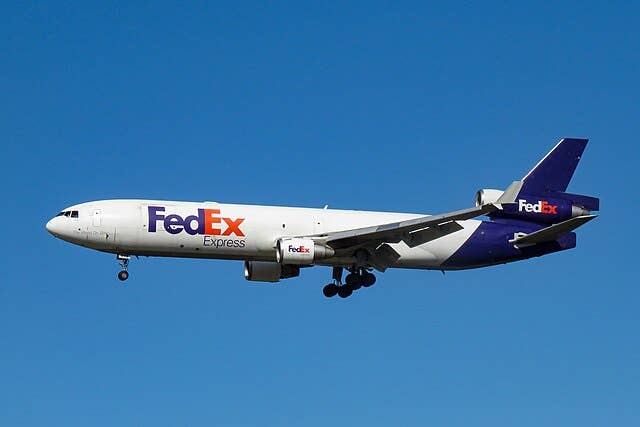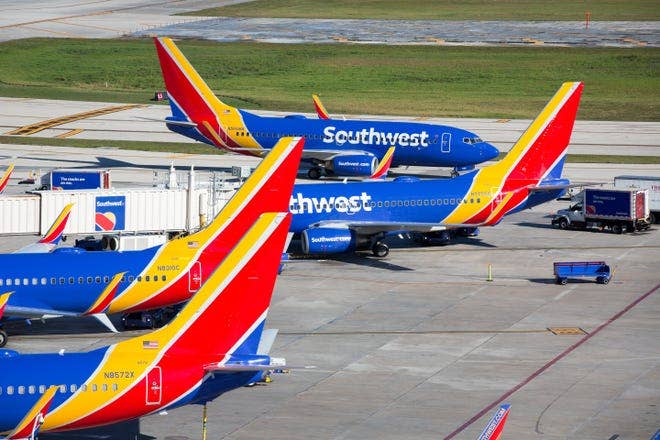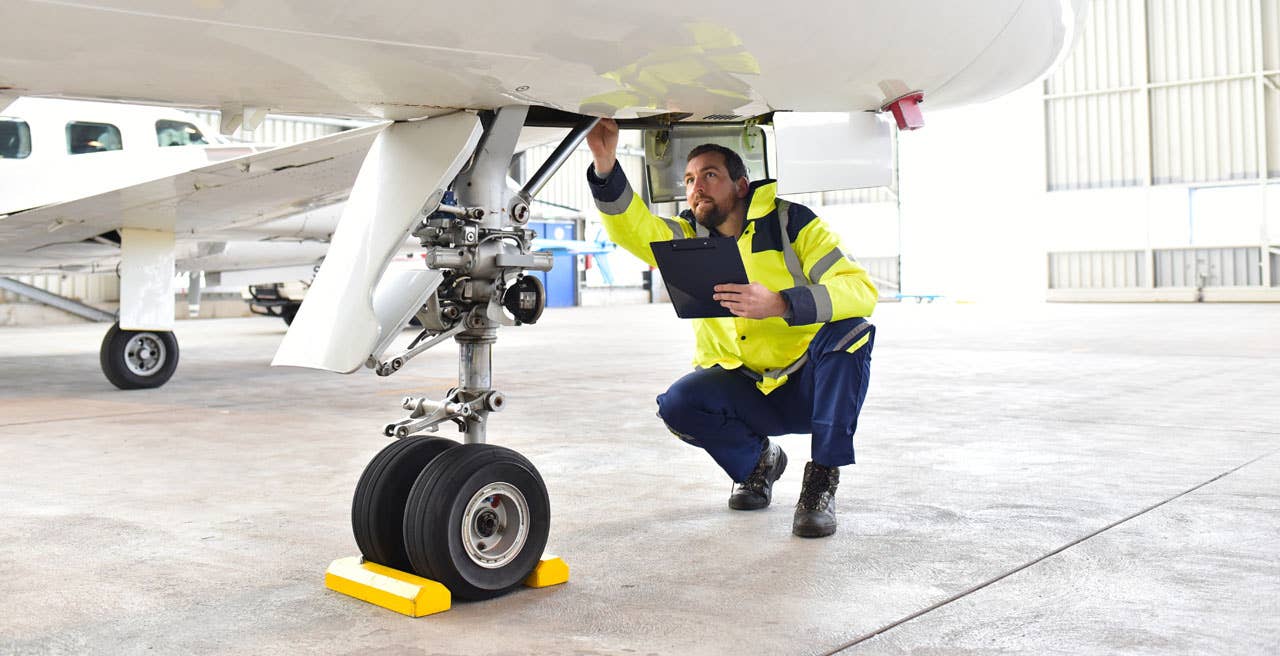NTSB Cites Controller Fatigue As Safety Factor
The NTSB said on Tuesday it wants the FAA to modify the way it schedules air traffic controller work shifts to minimize disrupted sleep patterns and fatigue. The Safety Board said controller fatigue has been an ongoing concern, but the issue was raised again after last August’s fatal crash of a Comair regional jet on takeoff from Lexington (Ky.) Blue Grass Airport. The controller who cleared the Bombardier CRJ-100 for takeoff had worked from 0630 to 1430 the day before the accident, took a two-hour nap in the afternoon, then returned to work from 2330 until the accident occurred at 0607 the next morning. “Such limited sleep can degrade alertness, vigilance, and judgment,” the NTSB said. While the Comair accident remains under investigation and the role of controller fatigue is unresolved, four other recent incidents “provide clear and compelling evidence” that controllers suffer fatigue due to their work schedules and that fatigue has contributed to errors, the Board said.
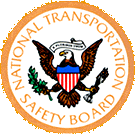
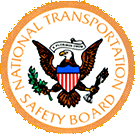 The NTSB said on Tuesday it wants the FAA to modify the way it schedules air traffic controller work shifts to minimize disrupted sleep patterns and fatigue. The Safety Board said controller fatigue has been an ongoing concern, but the issue was raised again after last August's fatal crash of a Comair regional jet on takeoff from Lexington (Ky.) Blue Grass Airport. The controller who cleared the Bombardier CRJ-100 for takeoff had worked from 0630 to 1430 the day before the accident, took a two-hour nap in the afternoon, then returned to work from 2330 until the accident occurred at 0607 the next morning. "Such limited sleep can degrade alertness, vigilance, and judgment," the NTSB said. While the Comair accident remains under investigation and the role of controller fatigue is unresolved, four other recent incidents "provide clear and compelling evidence" that controllers suffer fatigue due to their work schedules and that fatigue has contributed to errors, the Board said. The solution, says the NTSB, is for the FAA to train managers about the dangers of fatigue so they can devise better schedules. Also, the NTSB has asked the FAA and the National Air Traffic Controllers Association to work together to ensure schedules provide rest periods long enough for controllers to obtain sufficient sleep and minimize disrupted sleep patterns. The Safety Board also believes the FAA should require air traffic controllers to be trained in resource management skills that will improve controller judgment, vigilance and safety awareness. NATCA welcomed the NTSB's report and said, "This initiates a discussion that we must have regarding the overall tired, overworked and understaffed workforce that controls the nation's air traffic."
The NTSB said on Tuesday it wants the FAA to modify the way it schedules air traffic controller work shifts to minimize disrupted sleep patterns and fatigue. The Safety Board said controller fatigue has been an ongoing concern, but the issue was raised again after last August's fatal crash of a Comair regional jet on takeoff from Lexington (Ky.) Blue Grass Airport. The controller who cleared the Bombardier CRJ-100 for takeoff had worked from 0630 to 1430 the day before the accident, took a two-hour nap in the afternoon, then returned to work from 2330 until the accident occurred at 0607 the next morning. "Such limited sleep can degrade alertness, vigilance, and judgment," the NTSB said. While the Comair accident remains under investigation and the role of controller fatigue is unresolved, four other recent incidents "provide clear and compelling evidence" that controllers suffer fatigue due to their work schedules and that fatigue has contributed to errors, the Board said. The solution, says the NTSB, is for the FAA to train managers about the dangers of fatigue so they can devise better schedules. Also, the NTSB has asked the FAA and the National Air Traffic Controllers Association to work together to ensure schedules provide rest periods long enough for controllers to obtain sufficient sleep and minimize disrupted sleep patterns. The Safety Board also believes the FAA should require air traffic controllers to be trained in resource management skills that will improve controller judgment, vigilance and safety awareness. NATCA welcomed the NTSB's report and said, "This initiates a discussion that we must have regarding the overall tired, overworked and understaffed workforce that controls the nation's air traffic."

